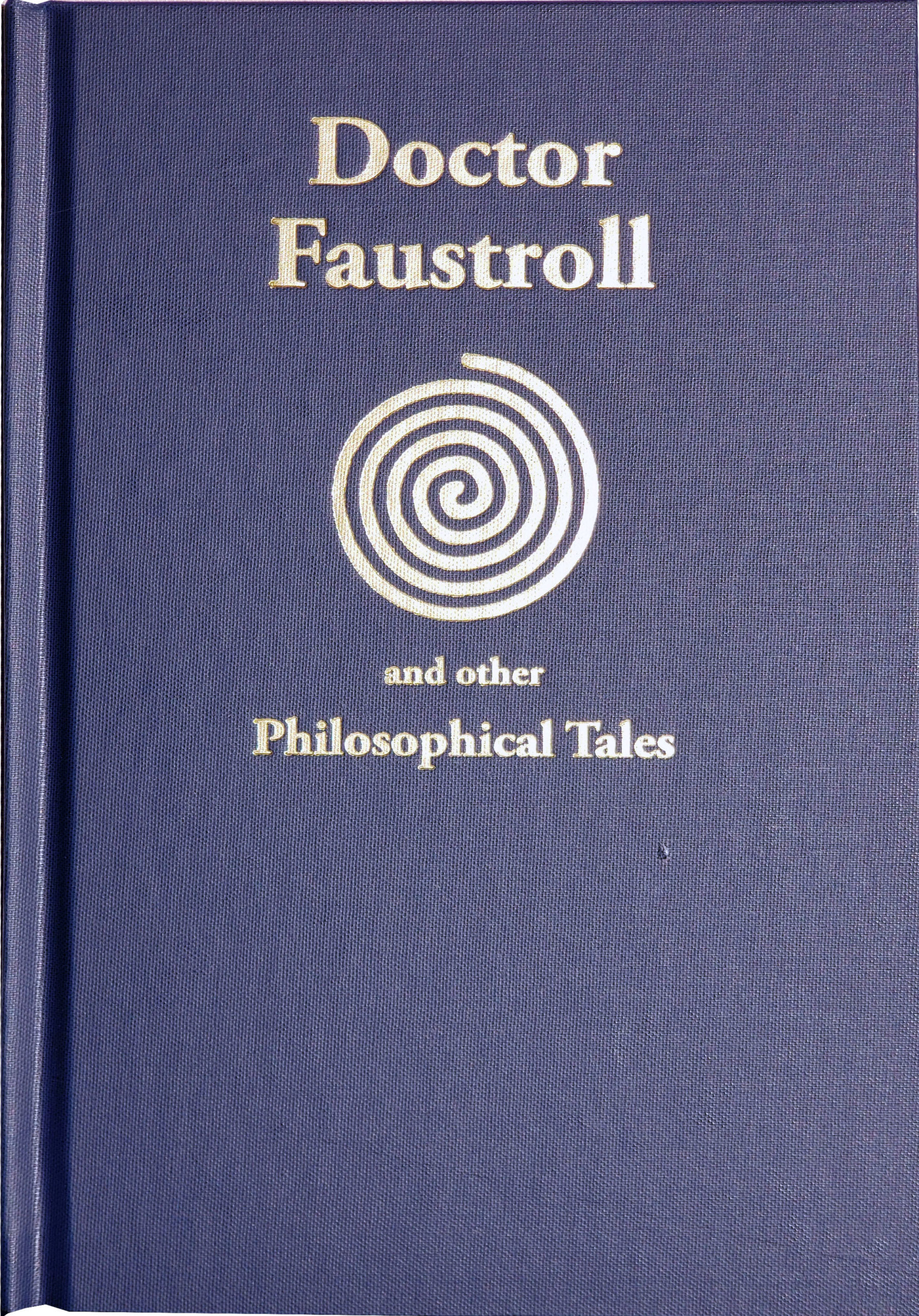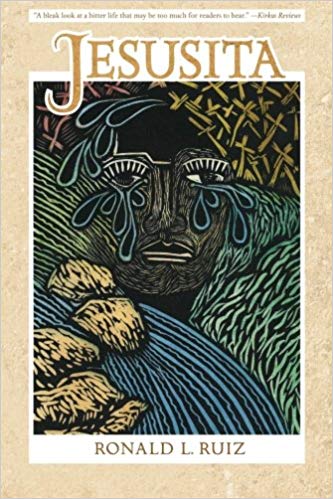You must be logged in to post a review.
Doctor Faustroll and other Philosophical Tales
Dr. Faustroll and Other Philosophical Tales is a non-fiction work comprised of several different, unconnected stories, though there are some commonalities among them. All five of them refer in some manner to abstract thought and the relationship of it to the creation and continuation of the world and those that inhabit it. The Velazquez Revelation is especially ripe with content focused on abstract thought. It tells the story of Fernando Velazquez, a medical doctor from Buenos Aires, who caught a horrible disease that’s treatment ravaged his body and mind, resulting in temporary blindness as well as inducing a catatonic state for a short duration. Upon his recovery, he began to view life through a more complex lens. He believed that all objects derived from an initial thought and stated that “a man’s thoughts create the image of the world he lives in. He is surrounded by reflections of his deepest thoughts and dreams.” He believed that human thoughts can produce images.
Another central theme throughout this book is that of materialism. The author expresses a deep disdain for the way in which many in modern society live their lives. He speaks of the ills of commercialism, mass media, and entertainment, arguing that the effects of these on the western world can only lead to devastation and the continued degradation of society as a whole. Further, he concludes that the only way authentic living can be achieved is by halting one’s engagement in the world to take time to see oneself in pure form. Otherwise, he says, “we become spectators in our own world.”
The topic of love exists as another commonality among the author’s tales. He speaks of love in complex terms and refers to the mystery of it and all that is associated with it. He writes of it as if he is in a dreamy state of mind, feeling the array of emotions accompanied by love but not quite able to grasp the full flavor of it before it has dissipated. His words are at times romantic and poetic, yet convey a sense of yearning and gloom.
This work of fiction is full of paradoxes. It is dark, yet enlightening; it’s pessimistic, yet hopeful. It’s condemning, yet condoning. To describe it is perhaps as challenging as it is to understand it in its entirety. To say it is philosophical is true. It has elements of neuroticism as well. Some parts of it are non-tangential and frayed, leaving the reader feeling a sense of confusion and discontentment. As the last page is traversed, closure is undiscoverable. The strongest features of Dr. Faustroll and Other Philosophical Tales is unquestionably its literary ones. The author has a remarkable gift for using figurative language of all types. The text overflows with similes, metaphors, personification, and more. Further, they are not just simple ones but are unique and rich in literary value. For example, when he describes the light gleaming in the darkness over the sea he writes: “It was as if the Milky Way had dropped into the sea, and we were sailing through it.” When he highlights the seashells his friend admires, he says: She spreads out her treasures before her like a queen examining her jewels, reveling in their multitude and beauty.”
Though the audience for this book may be narrow due to the aforementioned drawbacks, it will likely appeal to those who live on the fringe of society, those who aren’t keen on following the norms and customs of modern life. Middle and high school English teachers may also find it an amazing resource for instruction on the elements of language, namely figurative language.
| Author | Kenneth Weichel |
|---|---|
| Star Count | /5 |
| Format | Hard |
| Page Count | 204 pages |
| Publisher | Androgyne Books |
| Publish Date | 2019-10-10 |
| ISBN | 9781879594227 |
| Bookshop.org | Buy this Book |
| Issue | July 2020 |
| Category | Modern Literature |
| Share |






Reviews
There are no reviews yet.